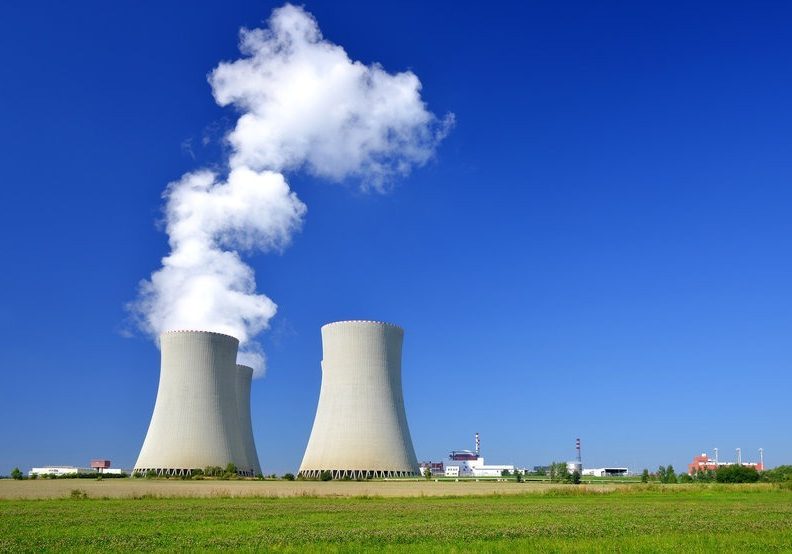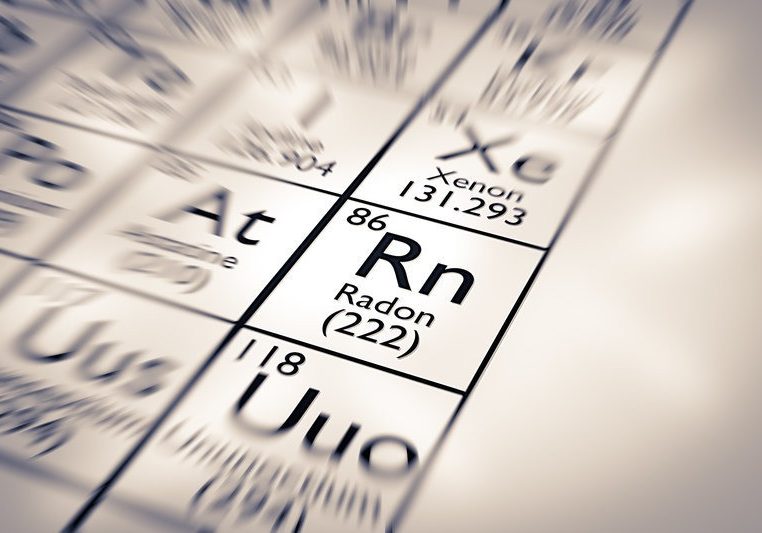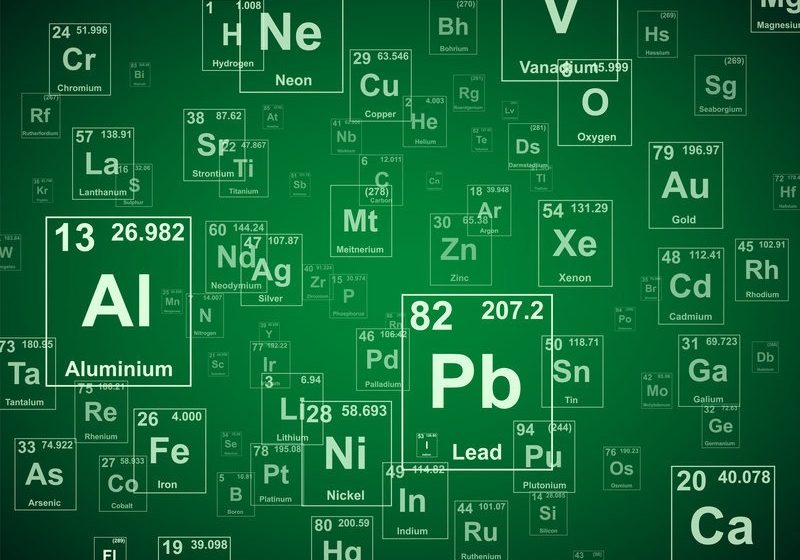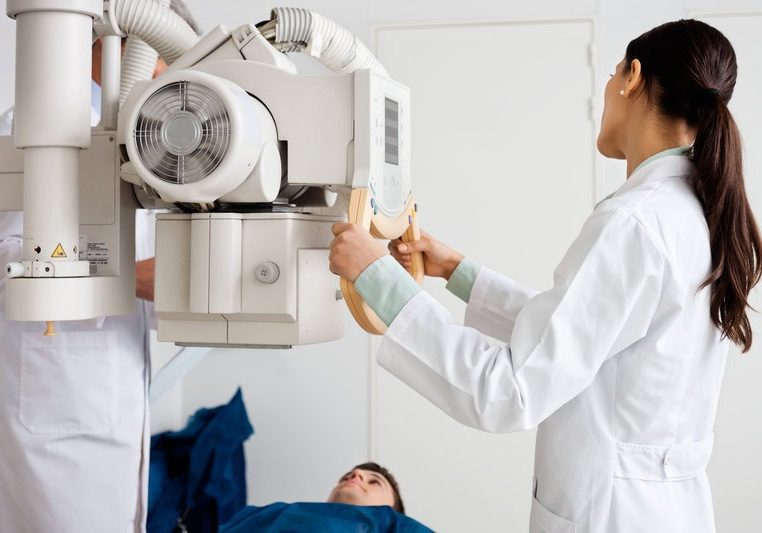Restez Informé
Le Radiation Post
Notre blog couvre les sujets pertinents à l’industrie nucléaire, de la décomposition radioactive aux rayonnements cosmiques et explore les moyens de disposer des déchets toxiques. Vous ne trouvez pas le sujet qui vous intéresse ? Faites-le nous savoir !

What is Nuclear Power?
The process yielding nuclear power is called nuclear fission and was discovered by German physicist Otto Hahn and his assistant Fritz Strassmann back in 1938. This article is well-timed because the two discovered the energy generated by nuclear fission during a Christmas vacation. Nuclear fission splits the atoms of heavy metals The scientists discovered…

Radiation and Pregnancy
If you’re planning to get pregnant, or you’re currently pregnant, pay attention to your occupational and environmental surroundings. Infinite studies find negative correlations between radiation exposure and higher infertility rates, increased pregnancy risks, as well as higher rates of chromosomal and genetic abnormalities. For more detailed information about radiation and its effects on pregnancy, visit…

Is Radiation Ever Good For You?
The majority of the time, we view ionizing forms of radiation as dangerous – and that’s a good premise to hold. In high doses, or in low exposure doses over an extended period of time, ionizing radiation damages DNA, which leads to defects, cancer, and other radiation-related illnesses. The flip side of that story is…

What is Radon?
Radon is a naturally occurring element that off-gases from the earth’s crust, as well as part of the radioactive decay process of other radioactive elements. It’s also the leading cause of lung cancer in non-smokers, and smokers who live or work in a building with high radon levels experience much higher rates of lung cancer…

What is Radioactive Decay?
The majority of the elements in the periodic table are “stable,” and non-radioactive. Some, however, are unstable and experience a process called radioactive decay, during which they emanate ionizing radiation. Unlike other forms of radiation, ionizing radiation is harmful to the human body because it alters our DNA. Longterm and/or overexposure to ionizing radiation can…

UV Radiation: What You Need to Know
There is no way to avoid sources of radiation if you live on planet earth. From the ultra-violet (UV) radiation we’re exposed to from the sun to cosmic, micro- and other forms of radiation – we encounter small and manageable radioactive doses as a part of daily life. Fortunately, a little education and some basic,…

What You Need to Know About Backscatter X-Rays and Safety
The good news for most Americans is that X-ray backscatter scanners are no longer used in airports, and therefore, they are no longer a source of daily radiation for regular travelers. Whether these devices were a threat – and how much of a risk they posed – has yet to be determined. In the meantime,…

Scatter Radiation Safety and Protection
All humans experience radiation exposure daily due to sunlight, radio, and microwaves, our smartphones, and even the foods we eat. Fortunately, the minimal amounts of radiation absorbed via these sources pose no real threat to our wellbeing. For those who work in the diagnostic and therapeutic fields, or for patients whose medical conditions require frequent…

Radiation Doses in Our Daily Lives
The good news is that the majority of us live with minimal contact to non-ionizing (meaning non-harmful radiation) on a daily basis as the result of filtered radio waves, UV light and solar activity as well as cosmic radiation that is mostly filtered by the atmosphere. Unfortunately, everything from medical x-rays and radiation-based cancer treatment,…

